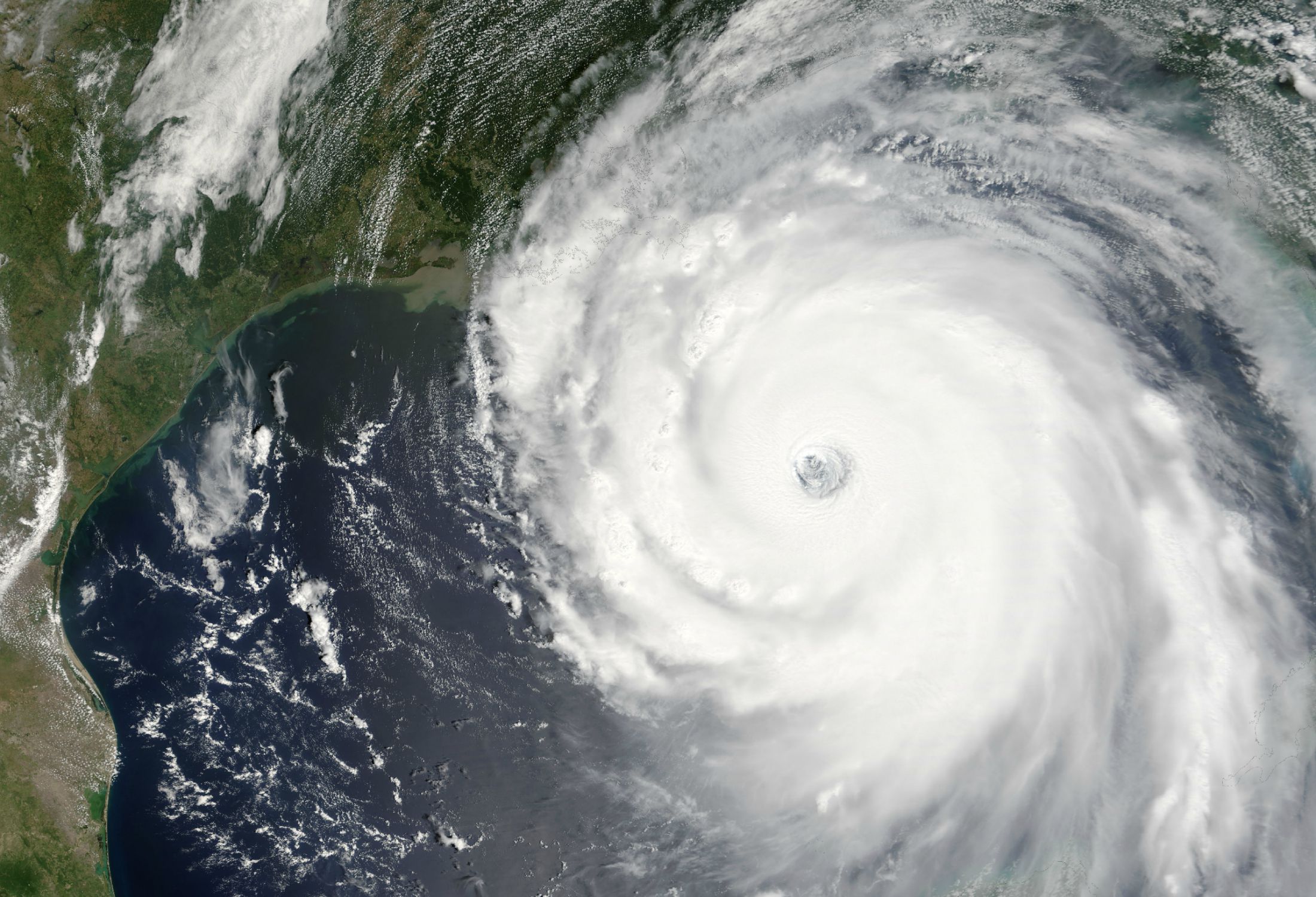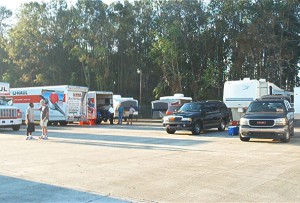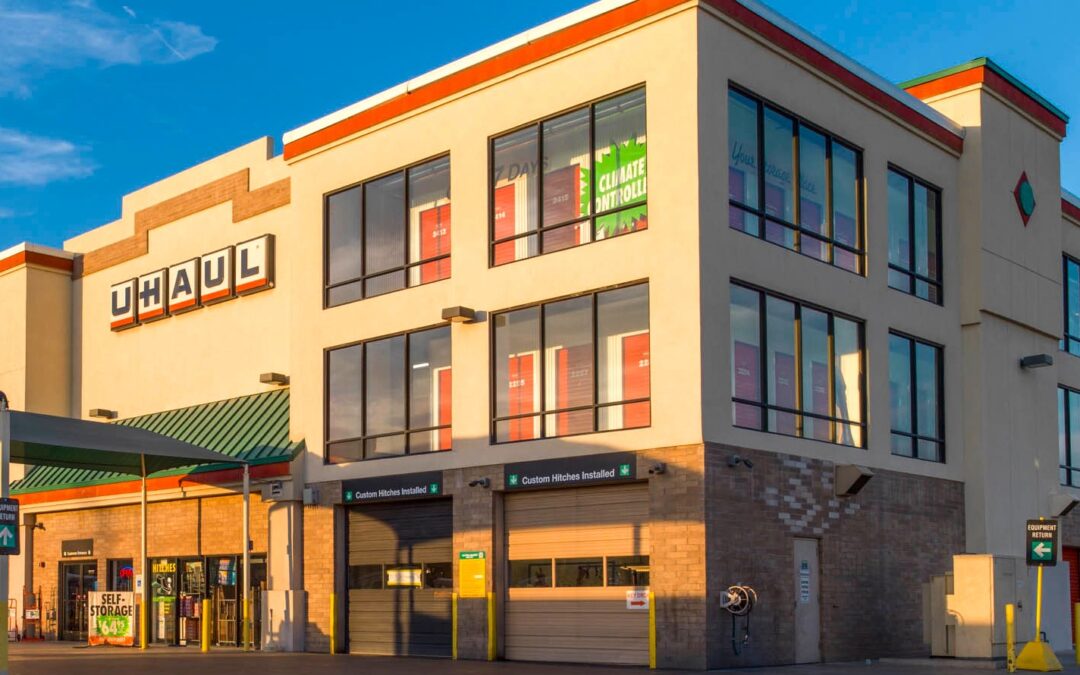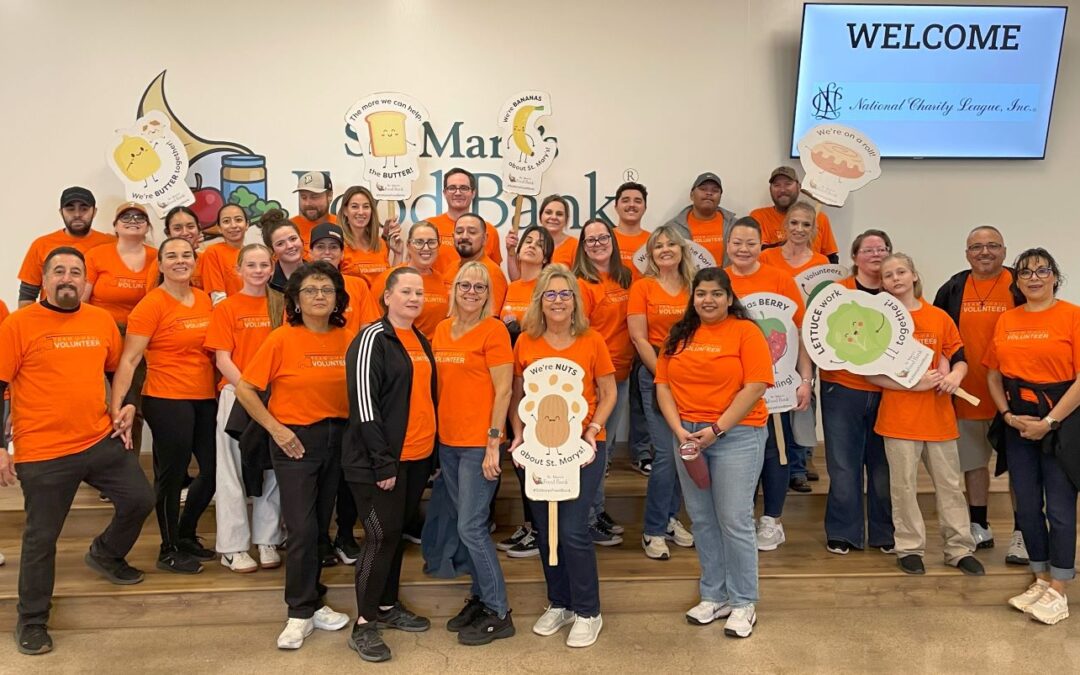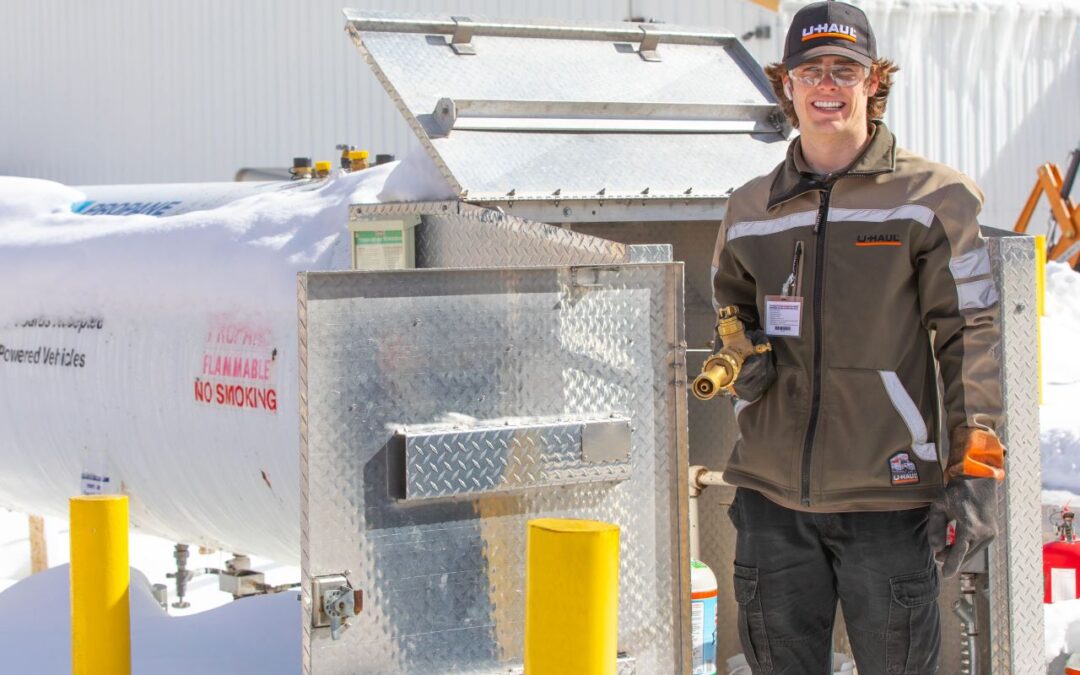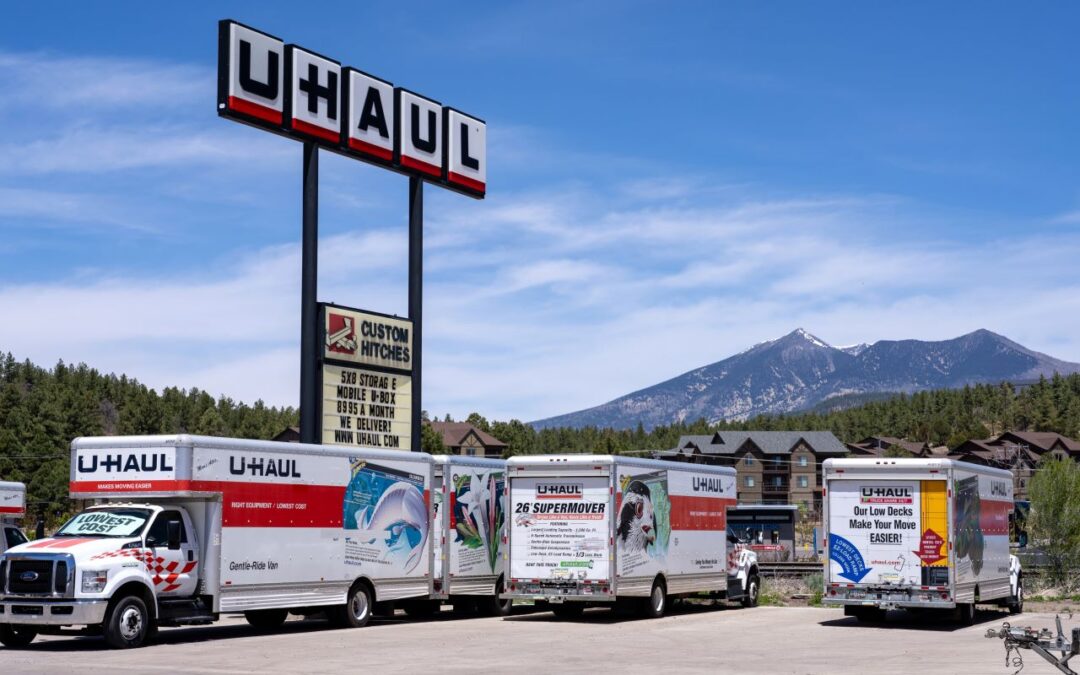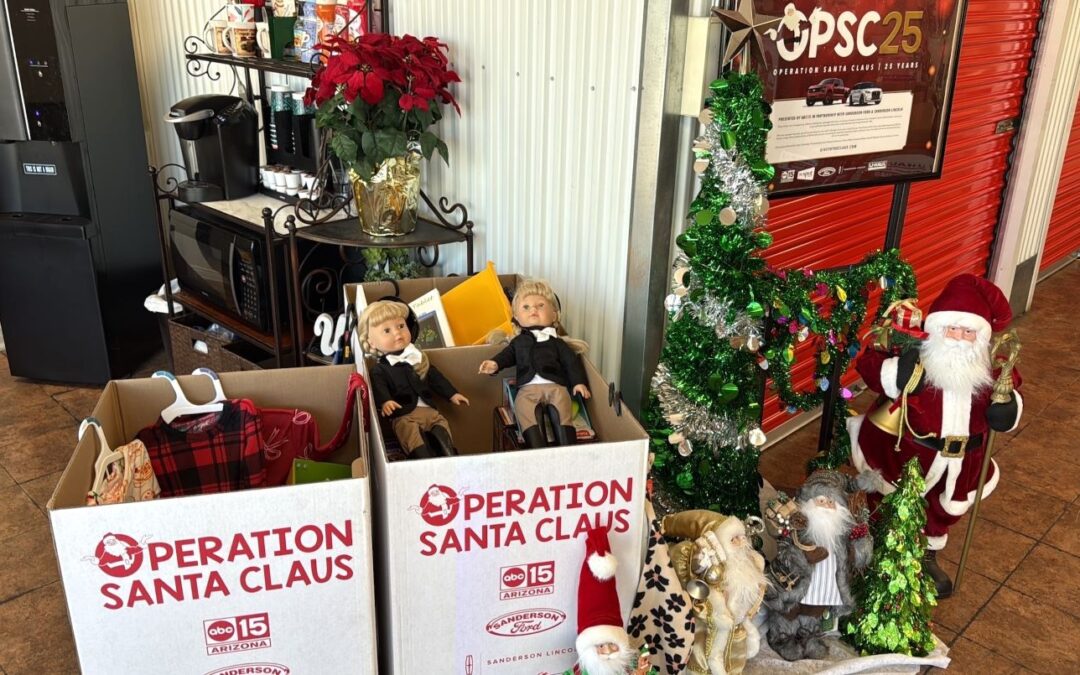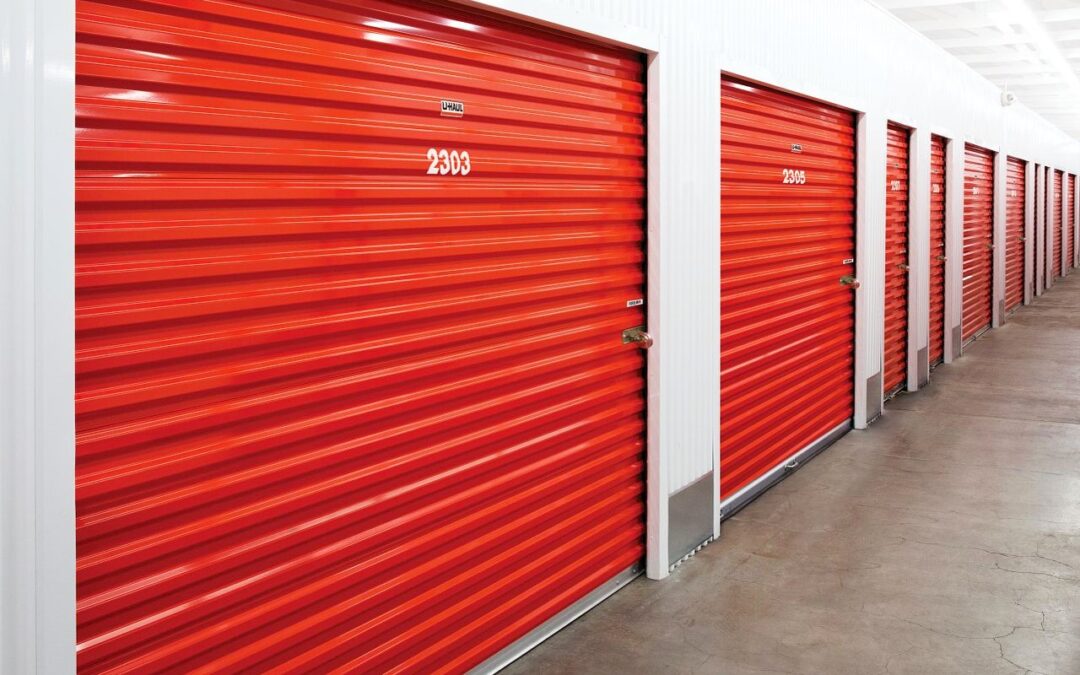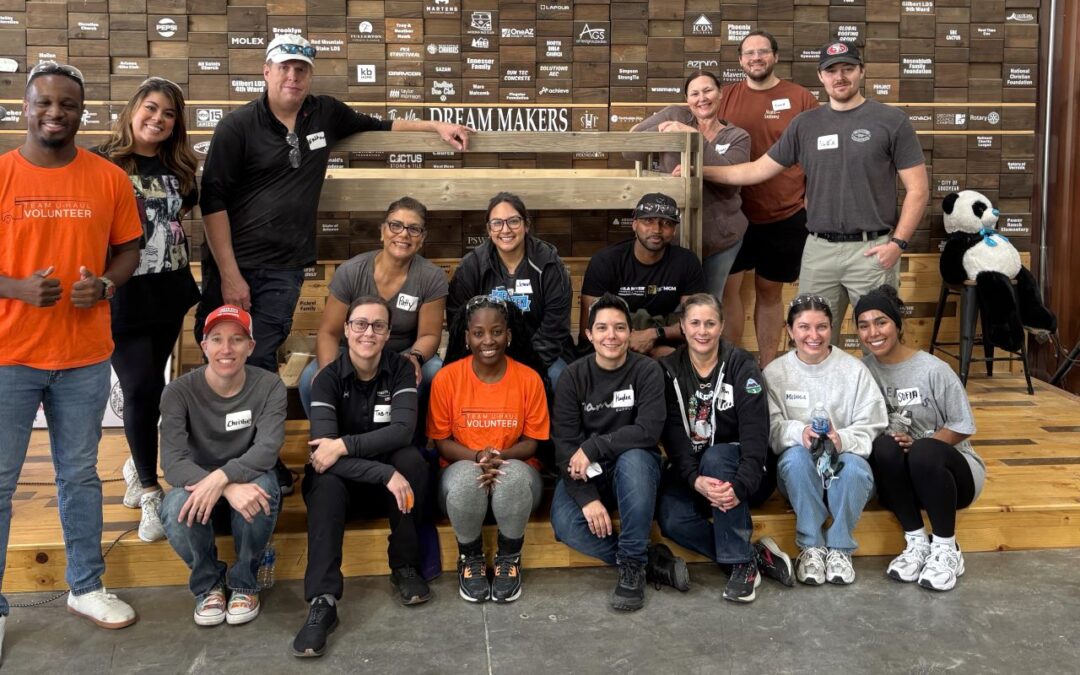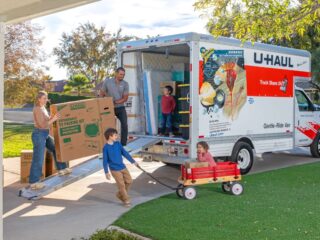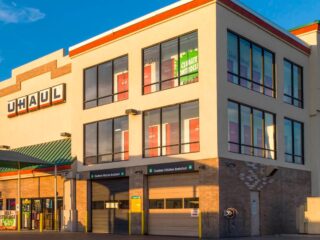NEW ORLEANS—In late August 2005, millions of eyes were fixated on their TV screens watching news coverage of what would become one of the deadliest and costliest hurricanes in U.S. history. Hurricane Katrina crossed the southern tip of Florida on August 25 before picking up speed while traveling across the Gulf of Mexico. The hurricane hit southern Louisiana on August 29, bringing with it a wave of destruction that caused massive flooding along the Gulf Coast.
Many will remember the devastating floods in the city of New Orleans after the levees failed. These flood waters lingered for weeks, and many residents were forced to abandon their homes forever. The Mississippi coastline saw floodwaters travel up to 12 miles inland, causing boats to drift into buildings and homes.
Ready to respond
One set of watchful eyes belonged to District 6 Area District Vice President (ADVP) Doug Weston who was already gathering materials and readying a response team, poised to move in quickly once the storm had passed.
“We had trucks staged in Jackson, Mississippi, with building supplies, food, water and gasoline,” Weston explained. “I had support teams of facility maintenance technicians (FMTs) and others from District 6, as well as FMTs from District 8, ready to help.”
After Katrina struck, a base of operations was set up behind U-Haul Moving and Storage at Hammond (La.) Square that received daily supply runs from Jackson.
District 8 ADVP Ray Smith provided a trailer previously used as a temporary office in the aftermath of Hurricane Andrew in 1992. This trailer was equipped with everything needed to function as an office, and was up and running only four days after Katrina hit.
Weston and Patrick Allen, marketing company president (MCP) of UHC of Southern Louisiana, leveraged their relations with law enforcement and the National Guard to position U-Haul teams as “first responders.”
“We were some of the first people into New Orleans after the hurricane, along with the police department,” Allen mentioned. “We got into the city and cleaned up our stores. People needed U-Haul and we got it going. We can be proud of that.”
The temporary base of operations behind the Hammond Square location developed into what team members dubbed “Camp U-Haul.” Trailers and RVs were provided to house team members left homeless by Katrina as well as serving as temporary housing for the recovery crews coming from other marketing companies.
Hurricane Katrina left many locations underwater, including U-Haul Moving and Storage at Michoud Boulevard.
Mississippi response
While the major brunt of Hurricane Katrina’s destruction occurred in New Orleans, the Mississippi Gulf Coast saw its share of devastation.
“Our Gulfport and Pascagoula stores were damaged,” declared Doug Weston III, MCP of UHC of Western North Carolina who was MCP of UHC of Mississippi in 2005. “We’re all part of the same team, part of the same family. Everybody at U-Haul joined together to help the reconstruction, to help rebuild like a family.”
What’s left of the roof from U-Haul Storage of Pascagoula, Mississippi, lays in a ditch across the street.
The Mississippi Team served a vital role as a drop-off point for supplies coming in for New Orleans reconstruction. Materials were arriving from around the country and team members would load everything in U-Haul trucks and trailers for delivery to Louisiana.
In addition to rebuilding efforts, the teams in Louisiana and Mississippi helped provide food, water, shelter and generators to ensure the welfare of the more than 200 team members affected by the storm. In addition to those vital needs, Team U-Haul also provided:
- Payroll-protection for three payroll periods.
- Benefits coverage through October 2005.
- Temporary housing.
- Expedited transfers to other stores or other states.
Many U-Haul Stores on the Gulf Coast opened the day after Katrina struck. By September 2nd—only four days after Katrina struck land—every store in the affected areas, with the exception of two stores in New Orleans, was open to support customers during the busy Labor Day weekend.
Like many U-Haul Stores in the area, despite massive damages, U-Haul Moving and Storage at Tulane was ready to serve customers just days after the Hurricane passed.
Even during the exhausting cleanup in the wake of the storm, team members’ spirits were unbreakable.
“It’s incredible,” Allen asserted in 2005. “The people from the other districts and marketing companies have been busting their tails. It’s been a huge morale boost for my team and I to know these people have set aside their families and their jobs to come out here and put themselves into this mess. They’ve done an incredible job helping us clean up and helping us keep this Company going.”
“These people have spirit like you wouldn’t believe,” ADVP Weston praised in the days after the storm. “The morale is just unbelievable. These people want New Orleans to be the biggest and best marketing company it can be. I’ve just never seen anything like it in my life.”

Like many U-Haul Stores in the area, despite massive damages, U-Haul Moving and Storage at Tulane was ready to serve customers just days after the Hurricane passed.
10 years later
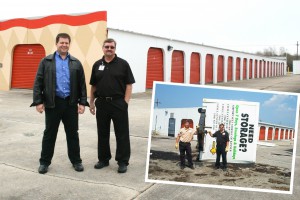
Patrick Allen and Doug Weston were about to right an overturned trailer in the inset picture, taken in 2005. Ten years later, they stood at the same site to reminisce.
U-Haul News caught up with Allen to look back over the years since Katrina, and get an update on present-day New Orleans.
“Crime in the city has gone up since many police officers left after Katrina and didn’t return,” Allen noted. “But, the city is slowly coming back. Businesses are starting to return, but it’s a very slow process.”
While every affected U-Haul location has been rebuilt, many of the surrounding areas are still in shambles. Many Louisiana residents who evacuated the state never returned, leaving homes and businesses empty and reclaimed by nature. But Allen, a Louisiana native, has faith that the city will continue to recover.
“Katrina did a lot of damage,” Allen mused. “It’s going to take time to get back to where we were. But, after living through a disaster of this magnitude, we are more prepared for the future. It’s been a rough road, but if any city can bounce back from this, it’s New Orleans.”
How were you affected by Hurricane Katrina, and how have you recovered? Share your story in the comments.


